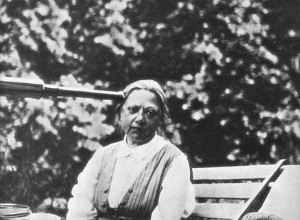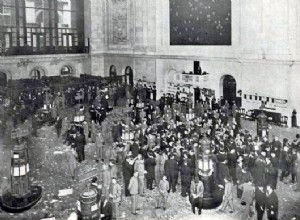In the public mind, the repression in the USSR is associated with 1937 and the rule of Stalin. In fact, the cruel persecution of citizens was initiated by Vladimir Ilyich Lenin immediately after the Bolsheviks seized power on the night of October 25-26 (November 6-7), 1917. Moreover, in 1918 Lenin i




